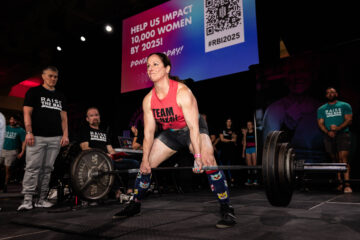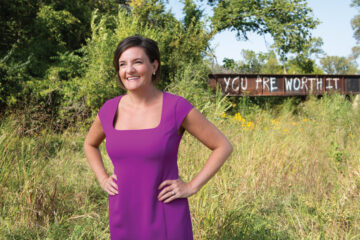Speakers to talk about societal and personal barriers to taking risks in upcoming Fearless Focus event
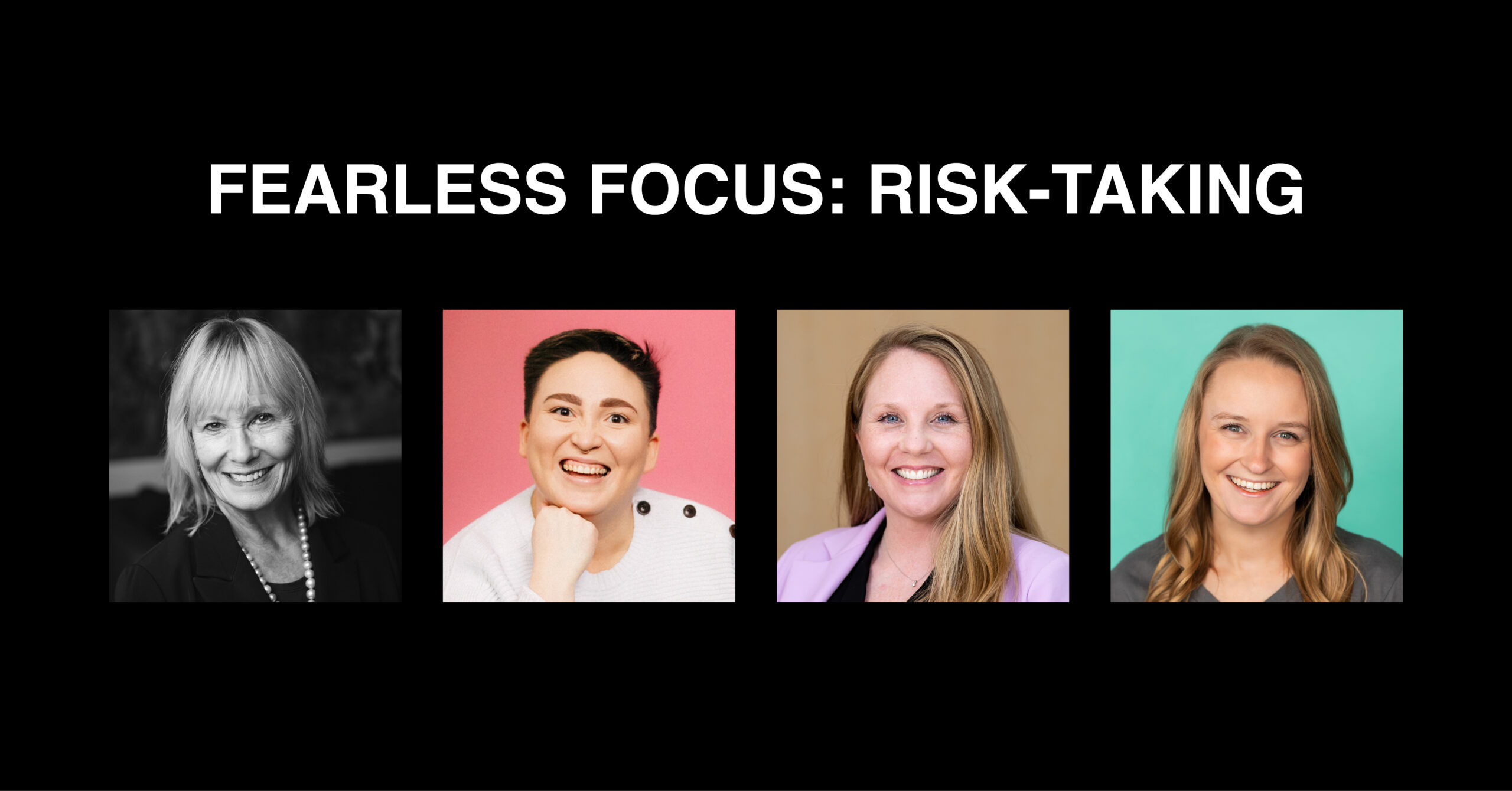
Before Oprah was the powerhouse businesswoman and media guru she is today, she was hired to co-anchor the evening news for a Baltimore TV station. The show failed on many accounts and she was criticized (notably, her white male co-anchor escaped most of the scrutiny). Instead of changing careers, she chose to look for a lesson. For her, it was that she hated doing television news, but still loved television. She embarked on her own path. The rest, as they say, is history.
The most successful people have often failed – many times – before getting to where they are now. They take big risks, which requires taking a leap of faith even through fear. We’ll hear from speakers who have done just that in our upcoming Fearless Focus conversation on risk-taking and overcoming failure.
When underrepresented people are among the first of their identity to hold an influential position, there can often be heightened levels of unrealistic expectations and pressures to achieve on behalf of an entire community. Additionally, girls, women and nonbinary folks are often conditioned to be more modest and less assertive. So it’s not surprising that many of them who don’t feel qualified or confident are often less likely to aim for a goal than boys and men might be. Societal barriers and self-imposed pressure to be perfect play a role in this.
Through sharing both personal and business-related examples, our speakers will give advice on how to find success, how to learn from failure, and how you can support yourself or those you know in the journeys toward reaching goals.
EVENT DETAILS: Tuesday, Oct. 10 | Noon-1 p.m. | virtual
Registration is free. Sign up online at fearlessbr.com/events. Women, gender-nonconforming people and male allies are all encouraged to be fearless with us.
Speakers include:
- Jasper Chung, photographer and art teacher
- Jann Freed, author and speaker
- Laura Phillips, vice president of engineering, Pella Corp.
- Sydney Rieckhoff, CEO, Almost Famous Popcorn
Ahead of the event, we asked our speakers a couple of questions. Here’s what they had to say.
Women and nonbinary folks are often less likely to take risks than their male counterparts. What can we do to address this disparity?
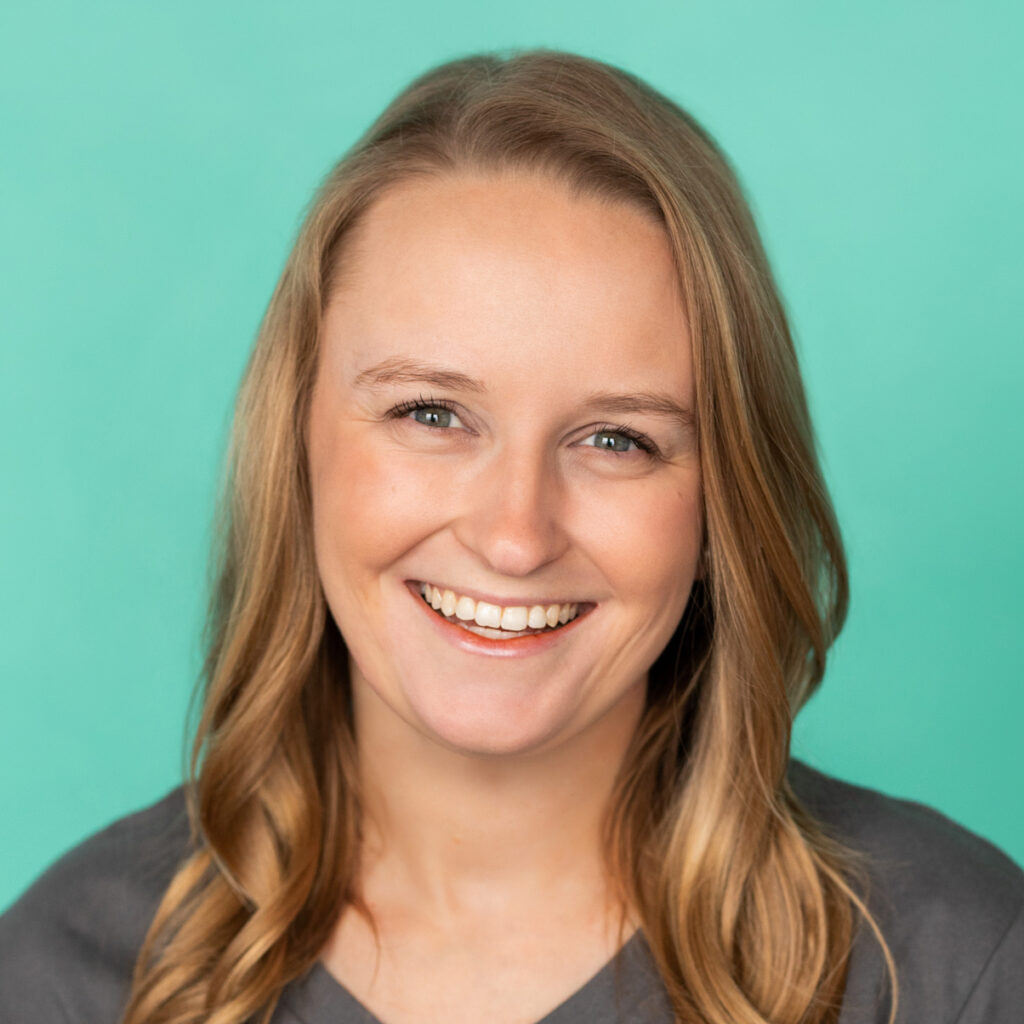
Sydney Rieckhoff: Society often conditions us to delay taking risks until the stakes are high, leading to situations where we are frozen by fear. For individuals who already feel as though their voices are not heard or their opinions not respected, this can be especially profound.
To address this problem, we should prioritize creating supportive spaces for risk-taking to be practiced frequently. These environments should allow for exercising this skill when the stakes are low. People in positions of leadership and influence have a responsibility to nurture a culture that encourages risk-taking, where everyone can participate and practice safely. In doing so, we will foster growth and build confidence for all.
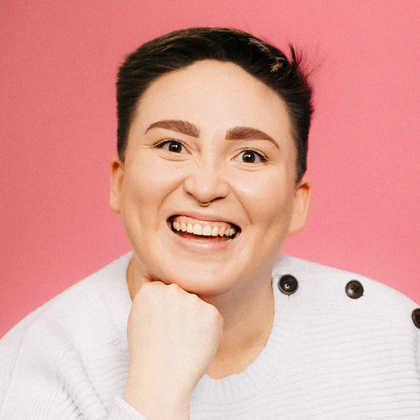
Jasper Chung: In order to create spaces where trans and nonbinary people and women feel more comfortable taking risks, it is necessary to allow space for the full range of human achievement including success, failure and mediocrity to exist with generosity and compassion. Gender-diverse humans are more likely to be pigeonholed in the eyes of the public based on our underrepresentation. Not only are we easily labeled based on our failures, but there is then the pressure of representing our communities in that failure. To encourage gender-diverse folks to take more risks, there must also be support for our general humanity. When one is focused on meeting their basic needs, there is no room to take risks. When the state strips away the human rights of trans people, our risk-taking resides in our existence. Supporting the whole human is the best way to encourage risk-taking, success and thriving.
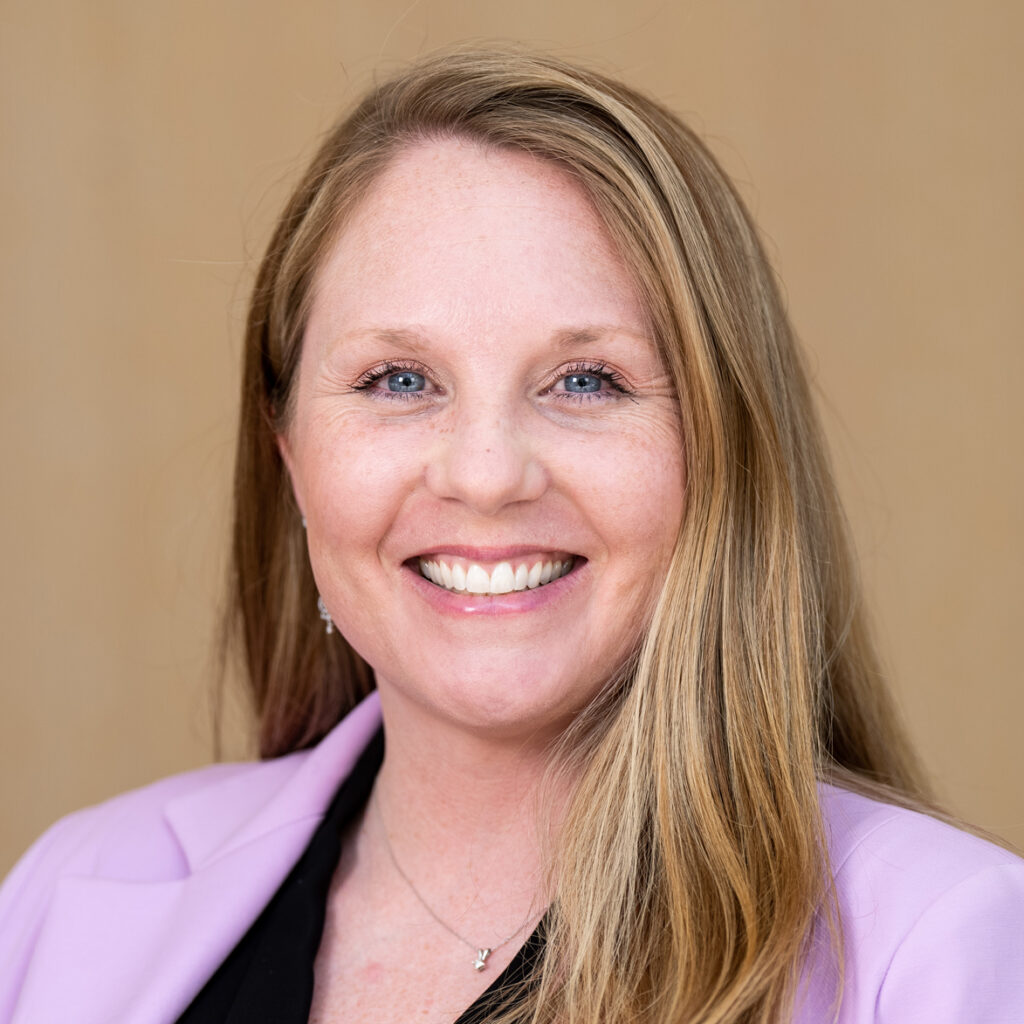
Laura Phillips: Risk-taking is an incredibly important part of developing personally and professionally. People from underrepresented groups are often less likely to take risks partially because they lack a community of support and advocacy. Mentors play a critical role in creating an encouraging and supportive environment to try new things, push limits and enable growth. I know I wouldn’t be where I am today without the nudges I needed along the way from mentors to help me build confidence and face career challenges and opportunities head-on.
Jann Freed: When leading a meeting, call on women and nonbinary people. Often men dominate the conversation. I believe in the power of building relationships one-on-one. Take each person to coffee and encourage them to speak up more or to take more risks. Make sure they are included in influential groups.
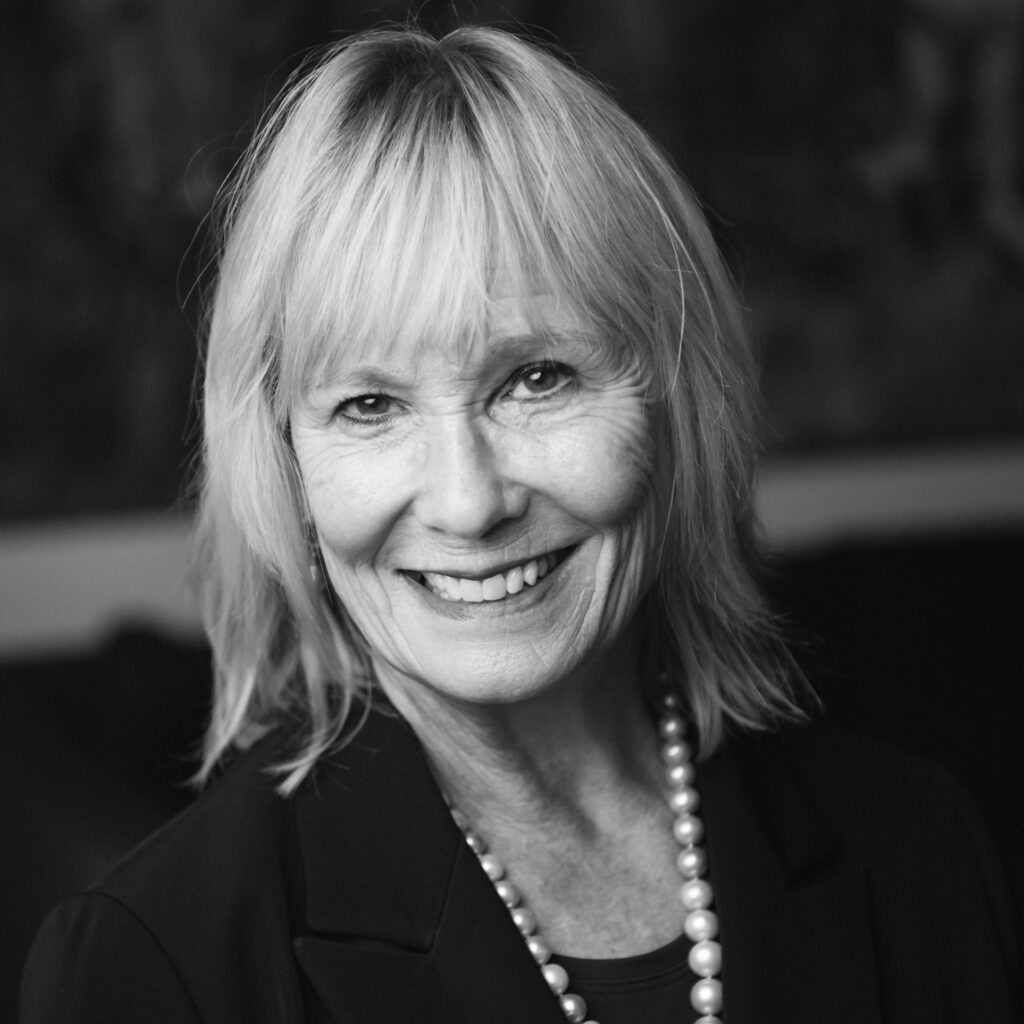
Tell us about a time you failed and what you learned from it.
Jann Freed: During the process of writing my dissertation, I thought I was not going to be able to finish it. The chair, who controlled the power and outcome, was disappointed and did not seem supportive. But I made it through the process, and she turned a corner. A few years later, we ended up writing a book together. She told me she could not have written it without me. I learned to be persistent — and to not give up.
Jasper Chung: It was actually the year I succeeded the most in my outward goals that I failed the hardest. In 2019, I photographed a record number of weddings. My income level was higher than previous years, and I had a lot of momentum in my business. But it was that year that I burnt out from loving my job the most. I grew anxious and bitter because I wasn’t making time for rest, play, connection and joy. I have since learned that I thrive when I work less and live more. I am able to be more present for my clients in their important moments when I make time for my own life. Now, I work to live, instead of living to work.
Laura Phillips: Failing is one of the fastest paths to learning. I have failed many times over the years, and each time, I have come out of that failure with a broader perspective. One example is when I was starting a new project management team for my organization. I had a new team and was excited for the new adventure. I went in with enthusiasm, big ideas and a strategy that I had developed independently. I had a hard time gaining the team’s buy-in and couldn’t understand why until one of my team members had the courage to tell me that they didn’t feel like their voices were heard in setting the direction for the team. While I hated hearing that they felt unheard, I was quickly able to change the approach. I spent time listening and reflecting with the team and we ended up creating a strategy that was even better. I learned that good leaders listen!
Sydney Rieckhoff: Early in my tenure as CEO, I procrastinated on signing a lease for a new retail space. I had analysis paralysis and misjudged the other party’s willingness to wait while I did my due diligence. My hesitation ultimately cost us the opportunity. At the time, it felt like a failure, but it taught me a crucial lesson about our business strategy.
Losing that lease made us reevaluate our priorities. We recognized that we had been allocating too much time and resources into expanding our physical presence, diverting our attention from core aspects of our business that needed improvement. This failure served as a wake-up call, prompting us to shift our focus to areas that needed our attention in order to grow the right way.
This experience taught me the importance of giving yourself grace when you feel as though you have messed up and learning from short-term failures to drive long-term success.
Register for the Fearless Focus event now at fearlessbr.com/events. We encourage you to tell your colleagues and friends to join as well! A recording and written coverage of the event will be available after.
